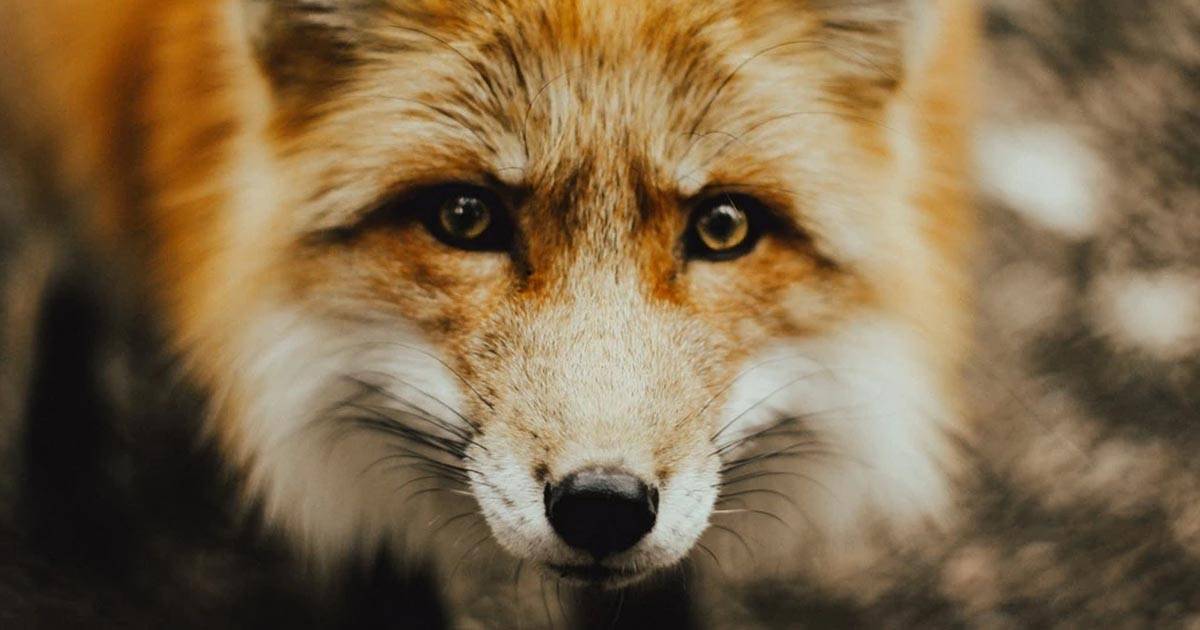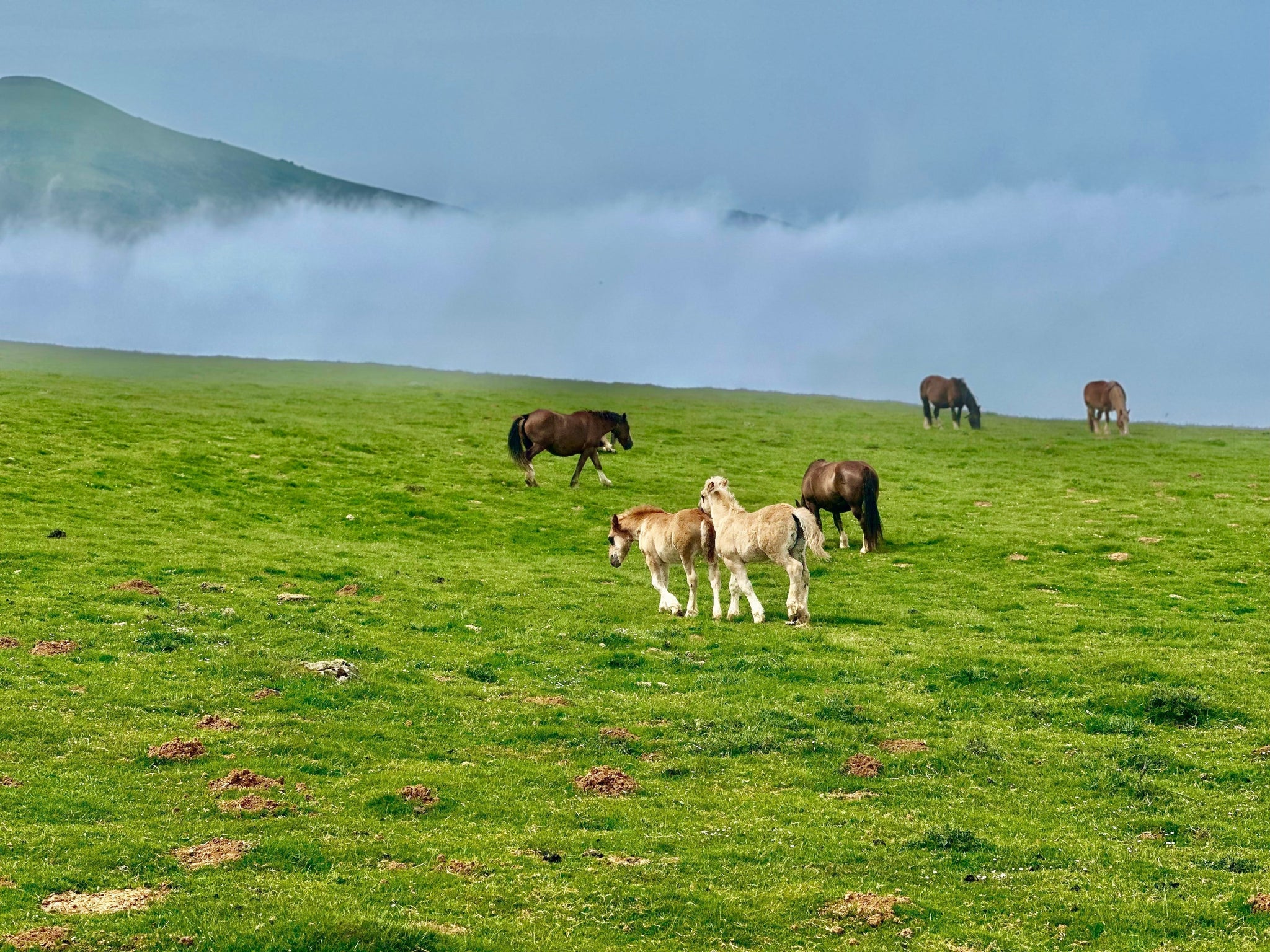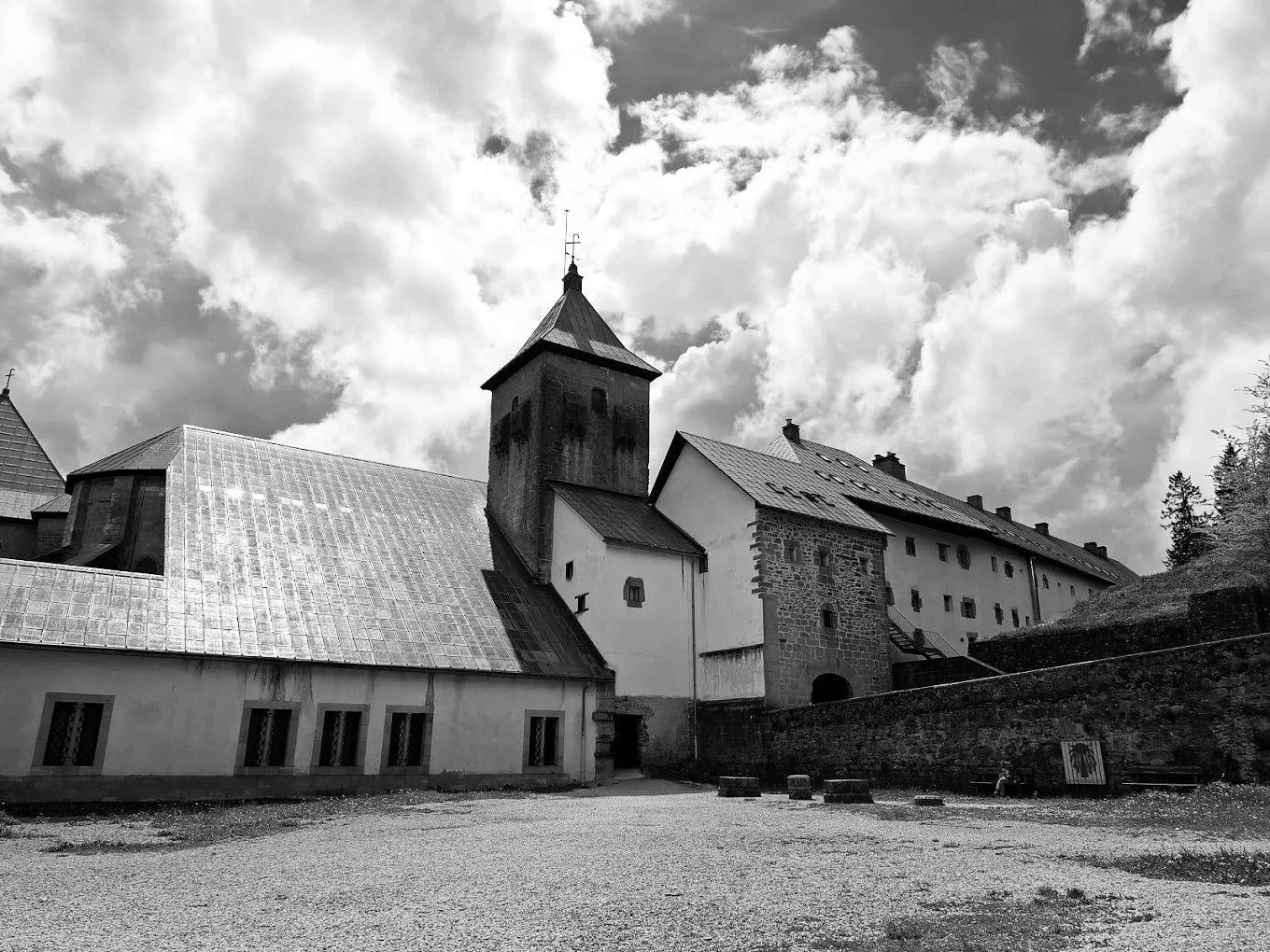
Seated on an antique bed with a white chenille bedspread, he looks like a doll in his footie pajamas and his upright posture—hands folded in his lap.
Jonah first sat upright on a warm, summer day—the sun cascading in through a weathered window in an old farmhouse.
There are many photographs of him from that first year sleeping with his hands interlaced sometimes held at his heart or by his cheek, sometimes at his round belly—as if born into the world in a state of prayer.
I always wondered if he had held this posture in the womb.
When I ate chocolate he often became active—kicking or elbowing me from the inside—jostled out of his peaceful state by my desire for dessert.
Upon seeing that sitting-up photo for the first time, a childhood friend commented, “You need a baby agent.”
He had almost no hair for the first twelve months of his life and a perfectly round—cue ball—head.
Now when his sandy-blond hair grows out it is thick—like a horse’s mane, like mine—and soft with a slight wave at the base of his neck.
Adrian’s hair is thinner—more silky—and when he is in need of a haircut it gets filled with static electricity—standing spiky in the dry, winter, inside-air.
Adrian looks like a handsome throwback to the 1950’s with a buzz cut but I hate to cut Jonah’s luscious locks. I do so anyway in preparation for tick-season in Maine, trying to keep the top a little longer.
Despite the ground still hosting a layer of white, we’ve been warned—the ticks have already made their way down from the trees and onto the scalps of friends at school.
The image of Jonah sitting up marks a place in time when mothering was still brand new, my own hair landing halfway down my back and wrinkle cream yet to be explored.
The Jonah of today—with his silly faces and poses struck as his hair gets shorn close in the back, with his astute interpretation of justice and willingness to put forth an argument—is well beyond the vision I had for him.
I could never have known all that he would be.
We are all so much more than meets the eye.
That first year I marked time by his transformation.
His awakening into the world ticked-off the days on the calendar where I scribbled about how he kicked his legs—so hard—in rhythm with the Putumayo Kids cd’s that he loved and his horrified expression, followed by a grin, the first time he ate peas—most of the ill-colored food-from-a-jar ending up on his chin.
I jotted down about how he was endlessly amused when I hid beneath his seat where he ate atop the kitchen counter suddenly popping-up surprising him and drinking in his golden laughter.
It never got old—rubbing his soft head, surprising him.
I could account for his every developmental milestone noted with a mixture of joy and pride and relief for that first year.
After that it all became a blur and the copious notations stopped—time speeding up along with his fast-moving, toddler legs pushing a wooden cart with a snapping alligator mouth down the hallway.
There were a gaggle of adults cheering for him—he the first grandchild on one side.
As we approached the completion of his first circulation around the sun I wanted to do something to express what it had meant to abide by another human in their nearly every, waking breath for a solid 365 days.
I recognized that it would likely be several decades before he would even begin to understand the depth of my love and commitment to him.
My own understanding of what it would mean to stand-by him and be devoted to him had only just begun.
I could say the same thing today.
I decided to build a time capsule—not to share what was going on in the world but rather how his parents and all those who loved him felt about his having arrived.
I received letters and photos and small, family heirlooms from across the country. Some of the letters were sealed, others I read wondering what the words would eventually mean to Jonah when the time came for him to absorb them.
It was a cold, winter day—typical for Maine—when my father sat with his laptop in our dining room typing out his own letter to Jonah.
Outside the sprawling, picture-frame windows was a sea of white.
As my father typed, he looked up briefly and witnessed a red fox making its way across the wide expanse of the frozen bay in the distance—its titian coat vibrant against the otherwise stark landscape.
He mentioned the fox in his letter along with his wish for Jonah that he might, “live well.”
He gave me three black-velvet, drawstring bags—two lined with yellow and the third lined with purple silk for the time capsule.
Within the first pouch was a US Navy-issued, caution-orange, pocketknife given to pilots to assist them in survival situations—specifically to cut themselves from tangled parachute straps.
In the second pouch was a white, also Navy-issued, web belt—the buckles separated into the third pouch along with a silver boatswain’s pipe (or whistle) traditionally used to pass on commands and announcements of visitors on Navy ships where both my father and grandfather spent considerable time—both as officers and aviators.
All of these mementos had belonged to my grandfather who had been one of a select group of aviation mechanics chosen from the Naval Air Station Squantum in Massachusetts to be sent to flight training at NAS Pensacola Florida early in 1942—just after the beginning of World War II.
A few months ago it came up with my father about the pocketknife and the other gifts as he offered me a second pocketknife to hold onto for Jonah and Adrian for when they were ready.
I realized the details of his original offerings had become hazy for me over time.
The unfolding of the years and the creation of a second time-capsule for Adrian’s first birthday had created a confusing accumulation of memories within me like a tangled ball of yarn constructed out of a thousand intentions, events and moments that had taken place since the gifts were presented.
My father remembered it all distinctly—the experience of coming up with those particular items with all of the history they held was vivid for him.
As he spoke it all came flooding back to me like a favorite passage in a book revisited.
After our conversation, I checked the place where I keep all of the various letters and gifts—in a big basket on top of a tall dresser—and there safely within were the three silk bags.
I examined them again this morning—bringing a bench to the dresser so that I could reach—pulling the basket down and the three pouches out.
I became overwhelmed with emotion when I considered the reality of care taken over so many years to protect these objects and their meaning within my family legacy.
These chapters-of-our-lives returned to are like our very own, personal time-capsules stock-full of messages and meaning we might have overlooked—or not had the presence for—the first time around.
An injured fox has been lingering in our yard for several weeks.
He makes his way around our property on all four legs and then sometimes lifts a front paw in protection as he hops three-legged for a few strides.
Jonah has been awakening early lately—before Adrian—coming downstairs where he knows he will find me—eyes squinting still in adjustment to the morning light.
His body leans forward slightly as he walks. It seems as if he has willed himself awake before he is ready so that he can be first.
I remove one of the larger pillows from the couch making room for him and he curls up next to me.
In these fleeting early-morning moments, his face seems more delicate—like a baby’s—the defenses accumulated in these nine years of living softened for the moment as he piles his legs across my lap to be massaged, grinning and aware of his opulence.
I suddenly catch a glimpse of the fox’s wiry, thinning tail running across our back porch and we both come to attention.
He’s gone before we can get a good look.
A few minutes later he shows up again at the corner of our yard—by the fence—where he begins gnawing on the frozen carcass of a large bird—maybe a crow, it’s hard to tell.
It seems like a good sign that he is eating and we observe as he picks up one-half of his meal and drags it off around the side of the house.
I wonder if I’m going to have to clean up the other half.
A few minutes later he comes back for the rest and we discuss his ingenuity.
I turn in my journal to a page where I’ve jotted down the number of a local wildlife rehabilitator who specializes in helping these beautiful beasts.
I compare with the number I’ve been dialing on my phone and see I have been calling the wrong number for the last few days. It explains why I haven’t gotten through.
Because of the early hour I decide to reach out again through a text message.
Later I learn that the ragged tail of the fox is more concerning than the injured paw and we construct a plan for helping with supplemental food and possibly even medication left to be found and consumed.
The average fox apparently is lighter than a house-cat and catching one in a trap requires that their weight land heavy on all four feet within the trap—made more difficult when one a limb is injured.
It is better to treat them in the wild when possible.
I climb the stairs down into the basement—watching my head at the last few steps where the ceiling comes down low—and find a plastic container of leftover, dried cat food bringing it back upstairs.
Outside the air is full of moisture—a contrast to the dry interiors so prevalent this time of year.
There are some bare patches of earth where the snow has melted with sandy brown grass covering the rich and damp soil.
I’m fully layered against the chill—still biting this time of year at dusk—even so I imagine stripping off my thick boots and warm woolen socks that have rarely left my feet since the fall and walking barefoot across the tender surface.
With a little cup, I dip into the container of food and sprinkle it along the edges of our yard and on a couple of steps leading down to the dock—careful not to put it all in one place.
I dream about the fox at night imaging that I’ve witnessed him discovering the added nourishment.
Jonah finds the container of food in the garage after school and asks if he can spread some of it around the yard.
I tell him he can explaining that it shouldn’t be placed too close to the house.
He responds that he understands and I overhear him inviting Adrian to help him save the fox.
Together they spread the entire contents of the container—leaving it empty on the back porch— and find their way to the swing.
I sit inside and watch through the windows as they play joyfully draped in the shimmering afternoon light.
Subscribe to my mailing list!
Leave a comment (all fields required)
Comments will be approved before showing up.


